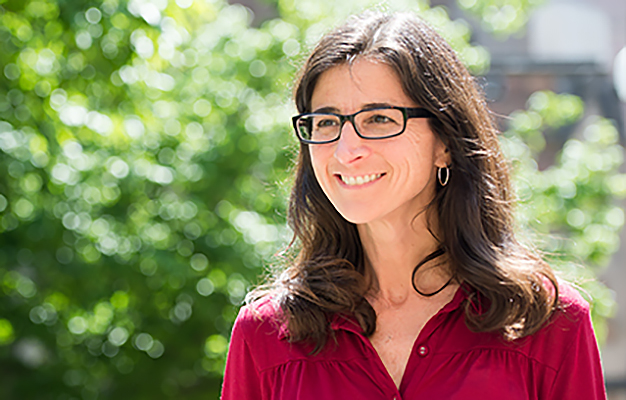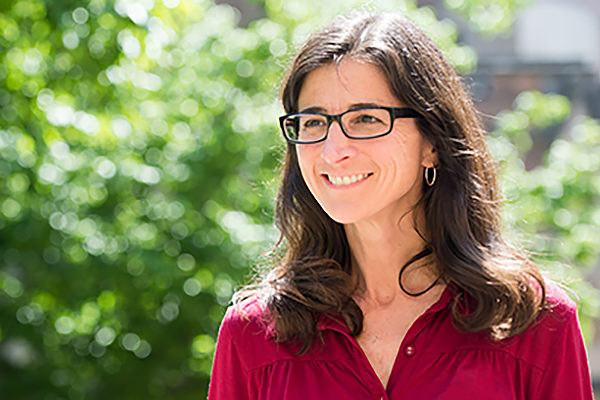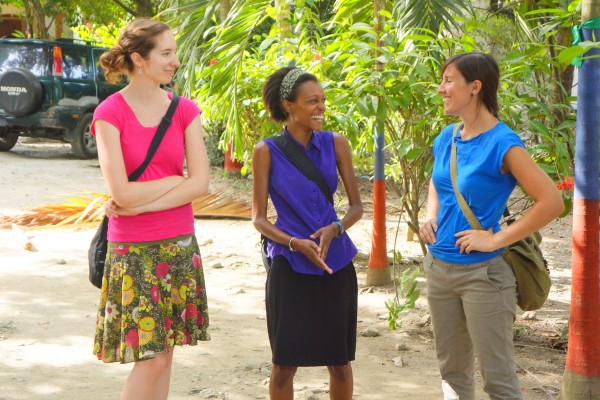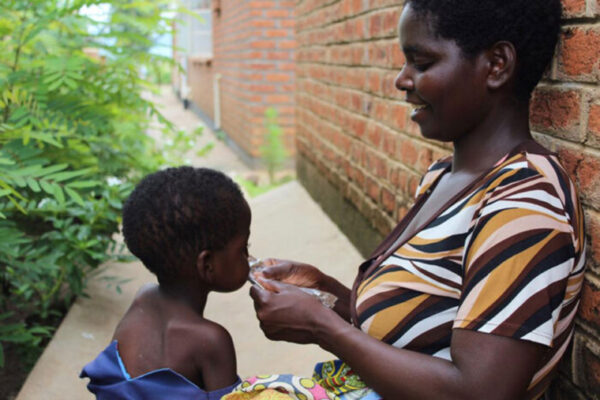One of the planet’s greatest challenges is nourishing all of humanity while protecting the health of the planet itself. In a commentary published in the journal One Earth, Lora Iannotti, a professor at the Brown School at Washington University in St. Louis, discusses how nutrition equity for vulnerable groups is vital in this effort.

“Nutrition equity refers to the ethical obligation we have as a global community to ensure all humans have access to healthy, sustainable diets to reach their full health potential,” Iannotti said. “Nutrition inequities arise when we fail to recognize particular nutritional needs in the life course — small children or pregnant women, for example — or marginalize populations, including Indigenous communities.”
The commentary, “Just change: Achieving sustainable, healthy diets with nutrition equity,” was co-authored with researchers at The Catholic University of America and the United Nations Food and Agriculture Organization.
“Humanity is at a critical juncture for preserving our future and the health of the planet,” the authors wrote. “In order to safeguard the conditions for livable societies moving forward, we must act to ensure that all people — and especially the most vulnerable— have access to sustainable, healthy diets.”
Iannotti is an expert in maternal and young child nutrition and nutrient deficiencies related to poverty and infectious diseases. She is founder and director of the E3 Nutrition Lab, which is working to identify equitable, sustainable and evolutionarily informed nutrition solutions globally.


